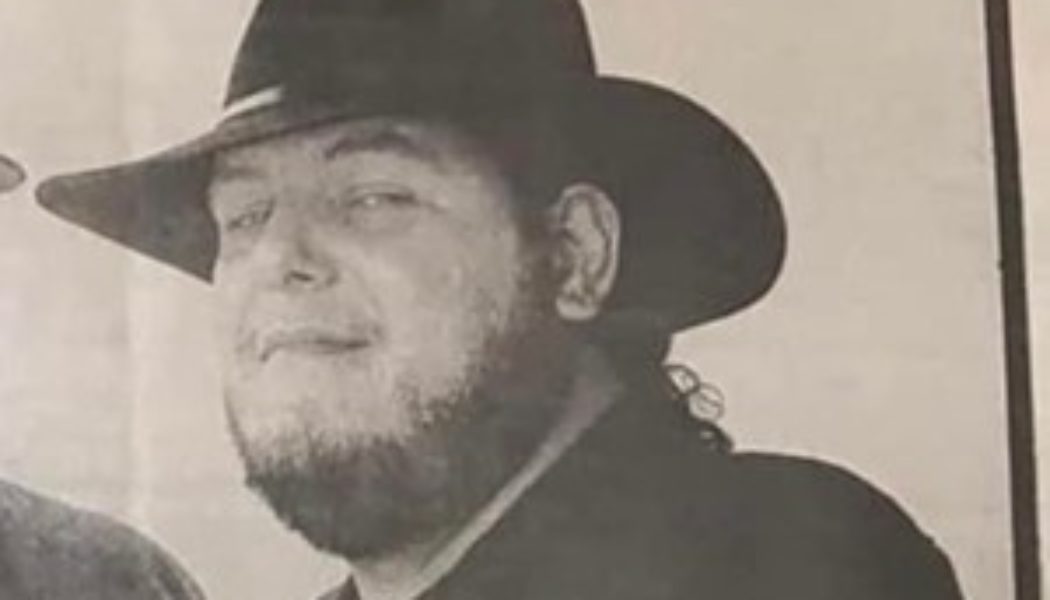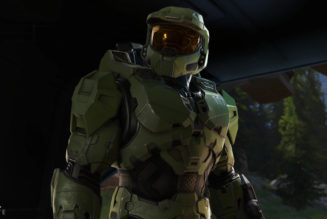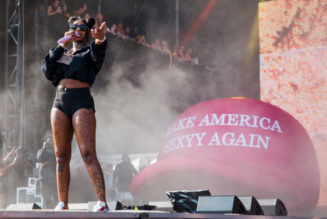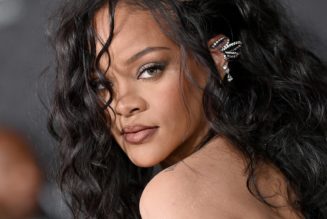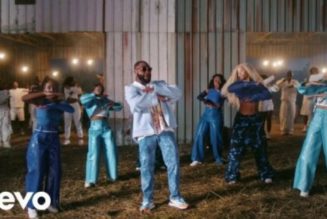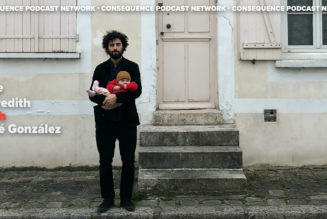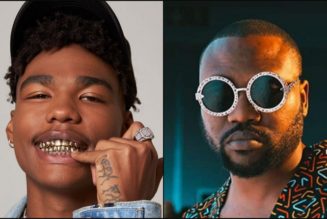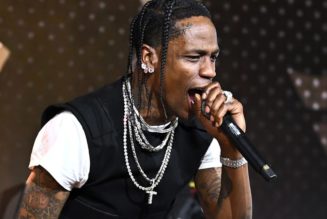South Florida’s underground music scene has never been short on larger-than-life figures or strong personalities. In a way, before electronic music muscled itself into the DNA of the city’s identity, you had to be both if you wanted to make it in this isolated swamp. And no one embodied both aspects better than John Tovar, who died on May 21.
Tovar, or “JT” as he was also known to his friends, associates, and foes, enjoyed 30-plus years at the helm of Miami’s music scene as a talent scout, consultant, and artist manager. He was instrumental in the national success of local outfits, including Nuclear Valdez, the Mavericks, Marilyn Manson & the Spooky Kids, and the Goods, among others.
And all of this through the grind of sweat and tears of the pre-internet/social media era.
“John was what we Cubans call un pingú,” says longtime scenester, Hialeah ambassador, and Humbert musician Ferny Coipel, alluding to the Spanish nod to the well-endowed. “He had a big heart, a deep voice, and was always menacing in a cowboy hat.”
Would Marilyn Manson be in the global zeitgeist if not for Tovar’s involvement in the early days of the Spooky Kids? Chances are no.
As per a 1990 New Times report, Tovar had a brief, if not uninteresting, encounter with an early version of Marylin Manson (then billed as Marilyn Manson & the Spooky Kids). When the local tides of taste sided with the alt-gothic metal outfit, he jumped at the chance to manage and steer them out of regional success into national recognition.
The story goes that Tovar, then-described as a “portly, narcoleptic, cigar-puffing, well-regarded rock manager” by dearly departed New Times Broward-Palm Beach music editor and scribe Jeff Stratton in a 2004 article regarding early troubles for Brian “Marilyn Manson” Warner, had headed to Churchill’s Pub for a beer when he came upon a set by the Spooky Kids in the late spring of 1990.
“They took the stage, and they were horrific,” Tovar told Stratton, who noted Tovar’s thick Cuban accent. “They didn’t have a drummer, just a drum machine. There was this tall, lanky guy. I thought, ‘Man, these guys are terrible.'”
After asking former Churchill’s owner Dave Daniels who the band was, Tovar went on his merry way — by all accounts, happy never to re-encounter the Spooky Kids. However, later that year, while driving on I-95, Tovar heard on the now-defunct rock radio station 94.9 Zeta (currently iHeart Radio’s Tú 94.9) the most requested song that season: Marilyn Manson & the Spooky Kids’ “My Monkey.”
Tovar made it a point to catch the band live soon after that and was blown away by the army of teenage ne’er-do-wells who crowded the parking lot at the Button South in Hallandale Beach armed with lunch boxes and lysergic interpretations of Dr. Seuss’ universe.
He was sold, calling it a “marketing dream” before introducing himself after the band’s gig and becoming their manager.
But Tovar wasn’t just a savvy music cognoscente looking to score a big act. He was deeply devoted to the music scene in South Florida and was a champion for many bands who trusted in his dogged management style.
Jim Camacho, a local boy done good and former frontman for fabled Miami rock band the Goods, recalls his friend and former manager. “He was the trailblazer of the Miami scene and the best ears in the business,” he said. “And as loyal as a bulldog, and as ferocious, for his artists with the biggest heart,” Camacho says
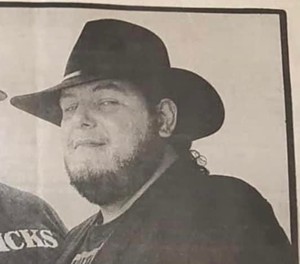
John Tovar in his signature cowboy hat
Courtesy photo
As recently as 2017, Tovar spoke with the New Times regarding his work with Nuclear Valdez, a band he enthusiastically referred to as “the best rock band that ever came out of Miami.”
At the time, Tovar was involved in producing the band’s 2018 release, Present From The Past, a vinyl record that coincided with that year’s Record Store Day. At the time, Valdez frontman Froilan Sosa recalled the band’s bad timing with the majors and what could’ve been.
But while he agreed with Sosa, Tovar hinted at how personally he took the band’s shoulda-been-bigger-than-God sentiment he had when rock shifted in the wake of the grunge explosion, telling the New Times that “MTV loved Nuclear Valdez, even did an early version of Unplugged. They loved the band,” stressing the past tense of the sentiment.
Through it all, Tovar kept making moves locally, nationally, and internationally with Tovar Music Group, his management outfit, even partnering with Italian hard rock/metal agency Alpha Omega Management at some point. He also managed the local country music/Americana band the Mavericks, along with partner Frank Callari, who died in Nashville in 2007.
Tovar’s death has sent a shock of sadness among the older generations of the local music scene, who fondly remember his gruff exterior and strong character.
But to some, like local musician Gaston de la Vega, who has been involved in dozens of bands since time immemorial, including the Stop Motion, Moon Pigeon, and Hit Play!, among others, remembers a nurturing, shirt-off-his-back kind of guy.
“He was always the man I looked toward for any music advice,” de la Vega says. “A genuine music lover, but you never wanted to get on his bad side. Holy hell, was it uncomfortable to see that man put someone in their place. A force to be reckoned with if you ever found yourself in his path.”
“He was my favorite narcoleptic — also the only one I knew — who always made business meetings memorable, became my favorite manager, and introduced me to so many people along the way.”
De la Vega added how Tovar got his band, the Stop Motion, involved in a Madonna-produced film, 2004’s 30 Days Until I’m Famous. The band’s song “Boo Kitty,” though not included in the film’s released soundtrack, was featured prominently twice in the movie.
“That was one of the coolest things he did for us,” he adds.
Tovar suffered from health problems for a long span of his life, with issues worsening recently.
It is hard to tell where Tovar has ended up after death — his personal beliefs unknown to the New Times — but it is safe to assume that he’s there and he’s looking around for new talent while uttering his well-known catchphrase/frustration battle call: “This is bullshit!”
